The wall, which separated East and West Germany, stood for 28 years before it was torn down in 1989.
35 years ago the Berlin wall fell, reuniting Germans who were divided between east and west for nearly three decades.
As Berliners poured through holes in the concrete to reach the other side, the iron curtain that separated the Soviet Union from the West was shattered.
For some, the event was a tragedy rather than a cause for celebration.
Institute for European Politics research fellow Laura Worsch says Russian President Vladimir Putin calls the breakup of the Soviet Union the "greatest trauma and tragedy in Russian history. So there you can already see that in his world and in his ideology, he would rather have this separation again."
She says it is not just about separation, but also about having military and economic power over people.
Less than a thousand kilometres east of Berlin at the border with Europe, new walls are being built.
Poland is fortifying its border with Belarus to stop illegal migrants, who according to Warsaw are being used by Belarus and Moscow to destabilise the West.
Worsch says this wall is a "humanitarian catastrophe for the refugees, for the migrants that are stuck there in the forest with no infrastructure, no food and no humanitarian aid whatsoever."
'Uphold freedom'
This year, people in the German capital will celebrate the fall of the wall with the slogan "uphold freedom."
Worsch draws a link between the Berlin Wall and countries in Europe fortifying their borders.
In September, Germany announced it would be imposing temporary checks on its land borders, citing concerns over immigration.
Austria, Poland, the Czech Republic and Switzerland have also imposed border checks, a move critics say undermines freedom of movement in the European Union.
Decisions made to impose border checks are mostly motivated by concerns around illegal immigration. In October, migration dominated a summit of European leaders with several calling for so-called "return hubs" — third country centres where migrants would be processed.
Worsch says that, in this case, there "are so many crises that I think it's natural that people feel vulnerable and threatened and tend to kind of close themselves off from the world and concentrate on what they feel is theirs."
Dividing east and west
The Berlin wall, which was in place in the city between 1961 and 1989, divided the city between the socialist German Democratic Republic (GDR) and capitalist West Germany.
It was a physical reminder of the Iron Curtain, a metaphor used to describe the competing idealogies and politics between the Soviet Union and its satellite states and the West during the Cold War.
During the near three decades that the wall stood, at least 140 people died at the wall under circumstances connected to the GDR.
When the wall fell in 1989, it marked the first step towards German reunification and was one of a series of events which kickstarted the fall of communism in central and eastern Europe.
Fragments of the wall still stand today, and draw thousands of visitors from across the world to the German capital.

 4 months ago
43
4 months ago
43
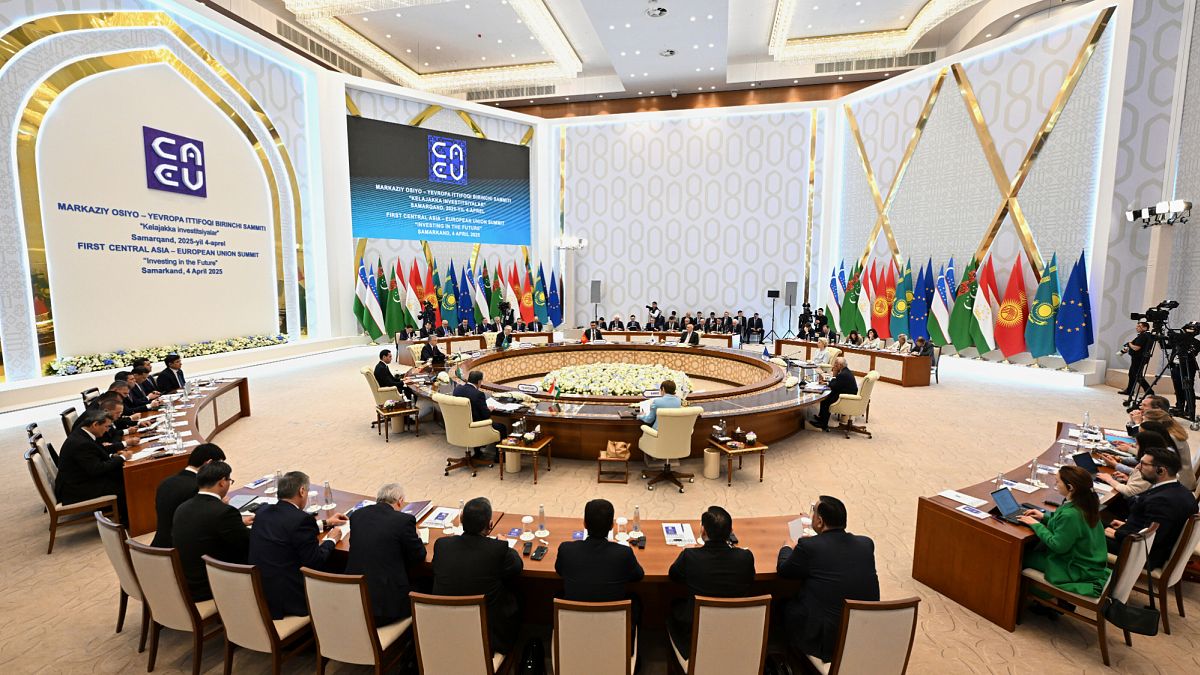
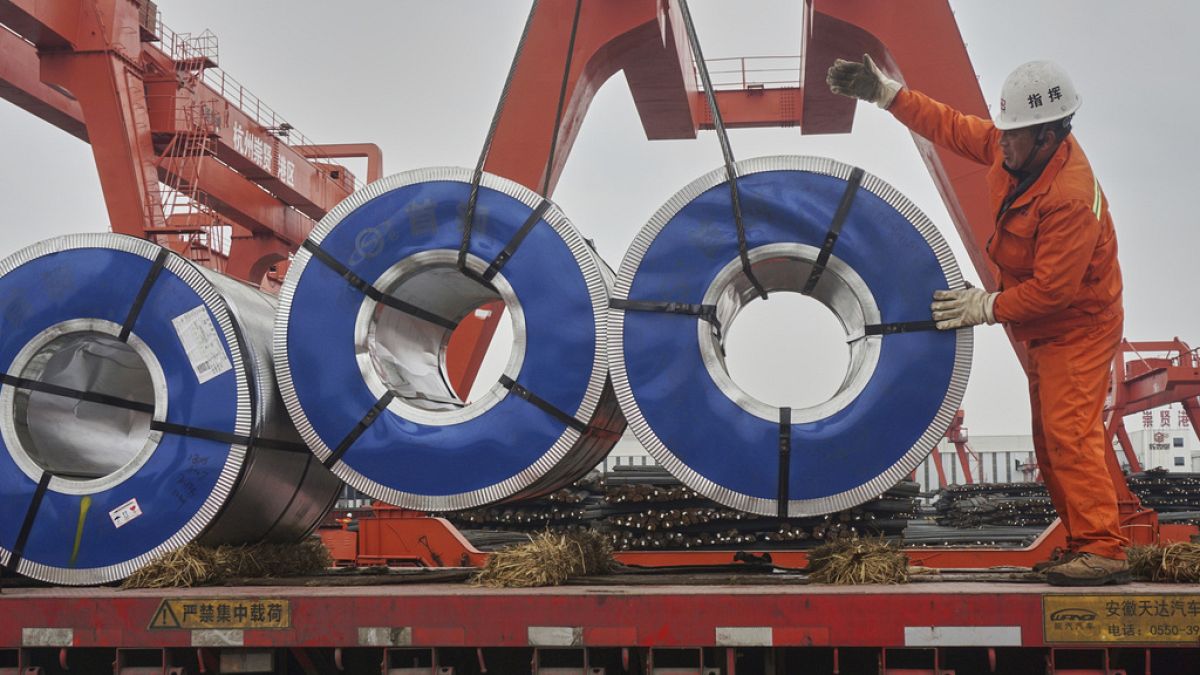
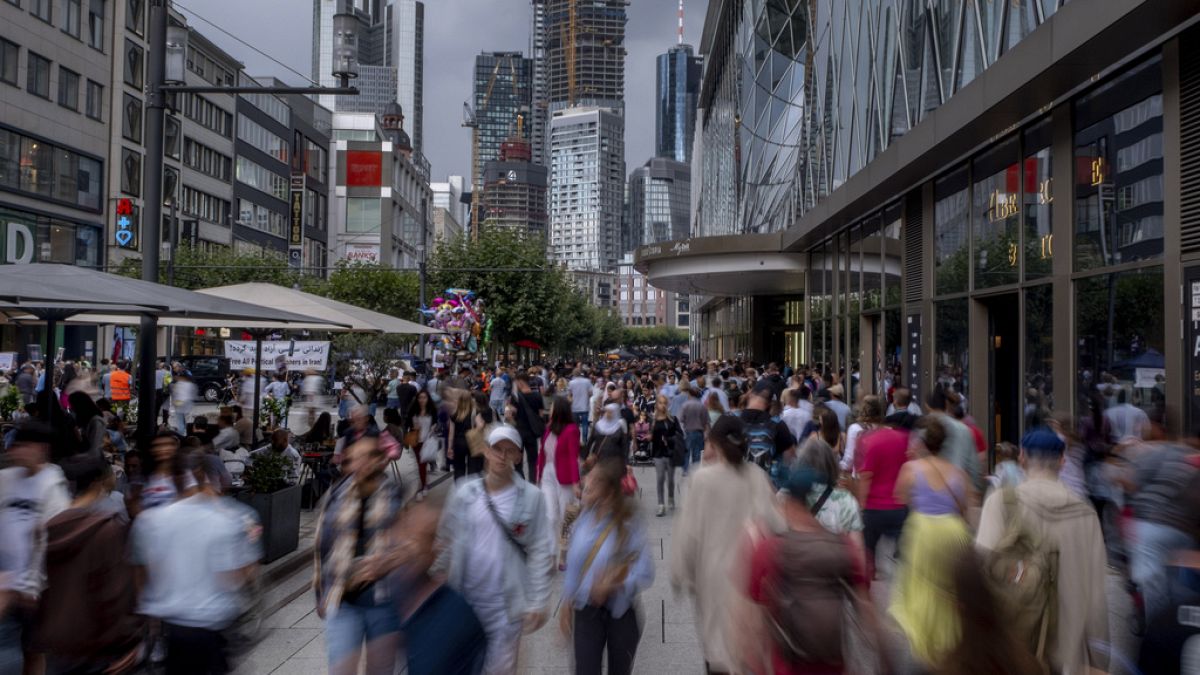
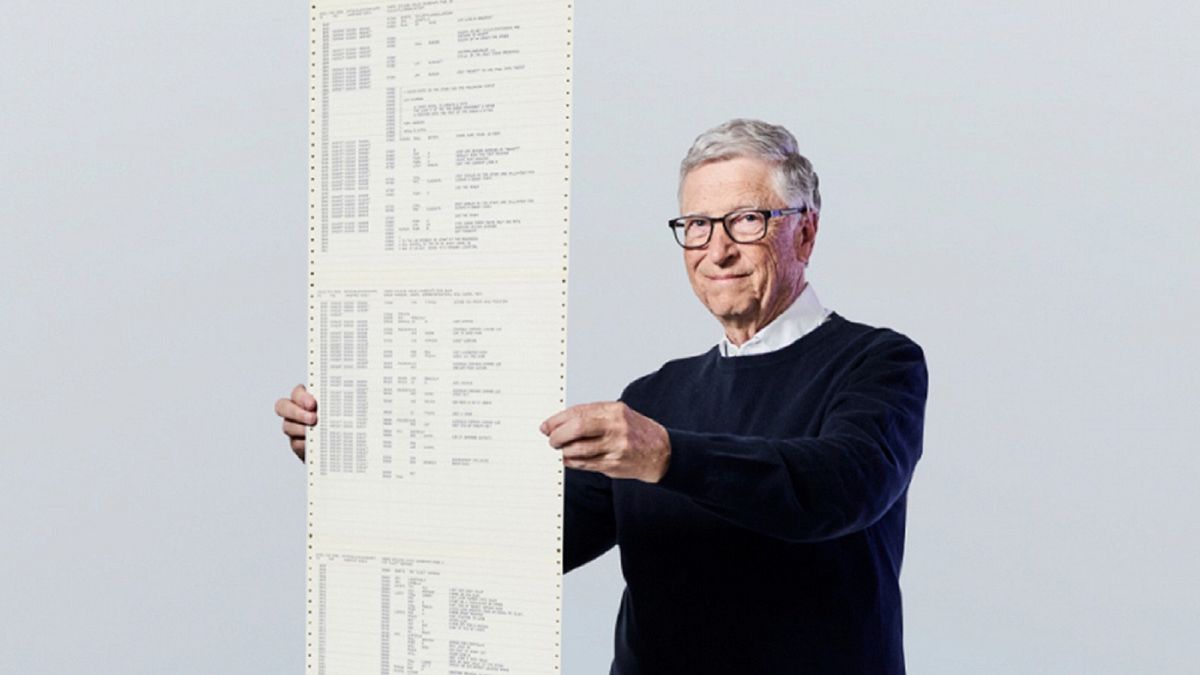
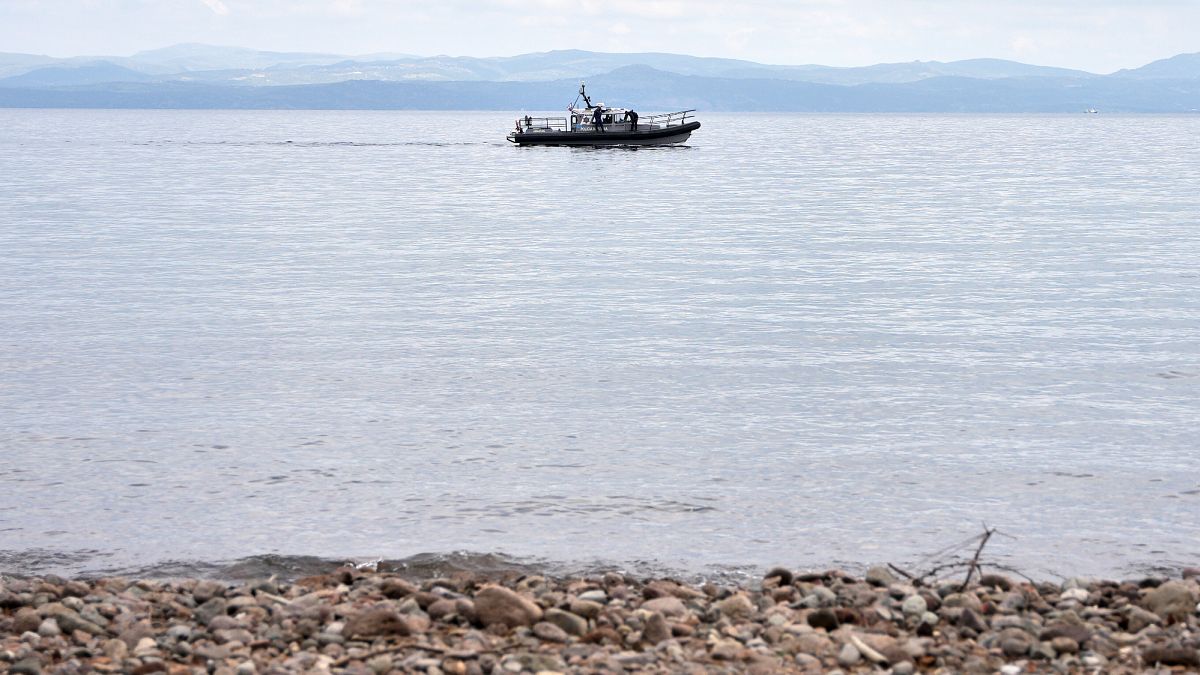
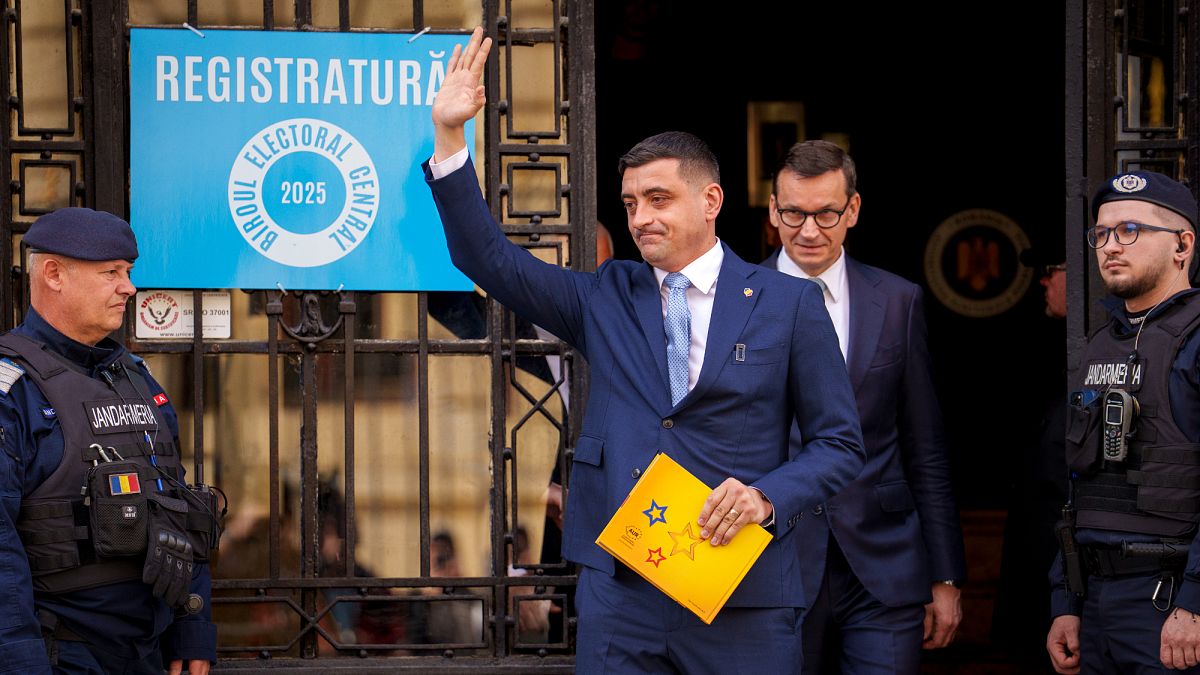
 We deliver critical software at unparalleled value and speed to help your business thrive
We deliver critical software at unparalleled value and speed to help your business thrive






 English (US) ·
English (US) ·